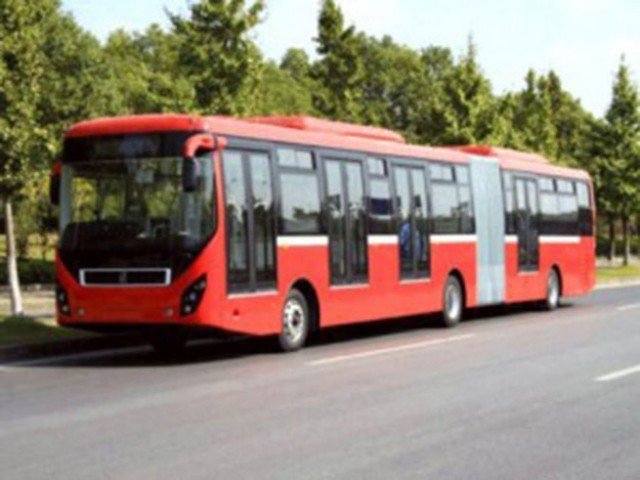
“Seventy per cent of the people who use bus rapid transit (BRT) say they prefer it to other modes of transport,” Murtaza Asghar Bukhari of the Urban Planning Unit said on Wednesday.
Bukhari was speaking at an exposure trip organised in connection with the Pakistan Sustainable Transport Project (PAKSTRAN) of the International Union for Conservation and Nature (IUCN) and the federal governments and governments of Punjab and Sindh. Bukhari said that the department had conducted a survey of 2,000 people using the Metro Bus in Lahore. He said the sample constituted one per cent of the total number of passengers.
Bukhari said that the Metro Bus had had a positive impact on its surrounding areas. He said most users preferred it over other forms of transport. Bukhari said such individuals were concentrated near stations on either end of the Metro Line. He said stations between the stops did not see that much traffic. “Their use will also increase once the line is properly integrated,” he said.
He also said the Metro Bus was a sustainable form of urban transport. He said research conducted by the department showed that traffic congestion and pollution levels had reduced in its vicinity. “Average travel time for people has also decreased by five to seven minutes,” Bukhari said. Those using the Metro Bus to travel from one end to the other have reduced the time needed to commute by 15 minutes; he said adding that the department was also conducting a study to look at the environmental impact of the Metro Bus in detail.
Bukhari said there was still a need to integrate the Metro Bus with the city’s infrastructure. “Pedestrian infrastructure in the city is nonexistent. This needs to be introduced to make the BRT more effective,” he said. Bukhari said the Metro Bus could also not compete with motorcycles because they offered greater flexibility.
Yar Muhammad Mirjat, from the Sindh Transport Department said the closure of the tram service in 1974 and the Karachi Circular Railway in 1977 had adversely impacted the city’s transport. He said the consumption of fossil fuels in Karachi had increased considerably since then. Mirjat highlighted the importance of introducing sustainable transport solutions in urban areas. He said that department was working on establishing four to five BRT corridors in the city. “We will make two of these corridors operational by 2016,” Mirjat said.
PAKSTRAN National Project Manager Muhammad Saleem Janjua said the organisation had a four-pronged approach which centred on planning and raising awareness. He said they had been providing technical assistance to all provincial governments on various projects. “We have already conducted studies in the Punjab to look at the capacity of government institutions involved in transport planning and will be conducting similar studies in Sindh,” he said.
IUCN Component Manager Fauzia Bilqis highlighted the work that both organisations had carried out for promoting and raising awareness regarding sustainable transport in urban areas.
Published in The Express Tribune, September 3rd, 2015.

1732794167-0/barbie-(5)1732794167-0-165x106.webp)
1732520496-0/BeFunky-collage-(86)1732520496-0-165x106.webp)


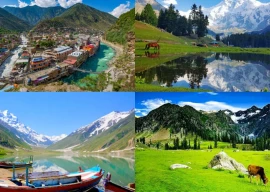
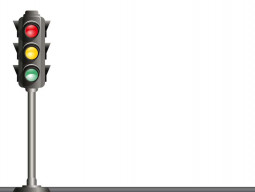

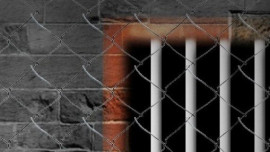
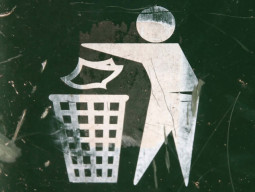







COMMENTS
Comments are moderated and generally will be posted if they are on-topic and not abusive.
For more information, please see our Comments FAQ